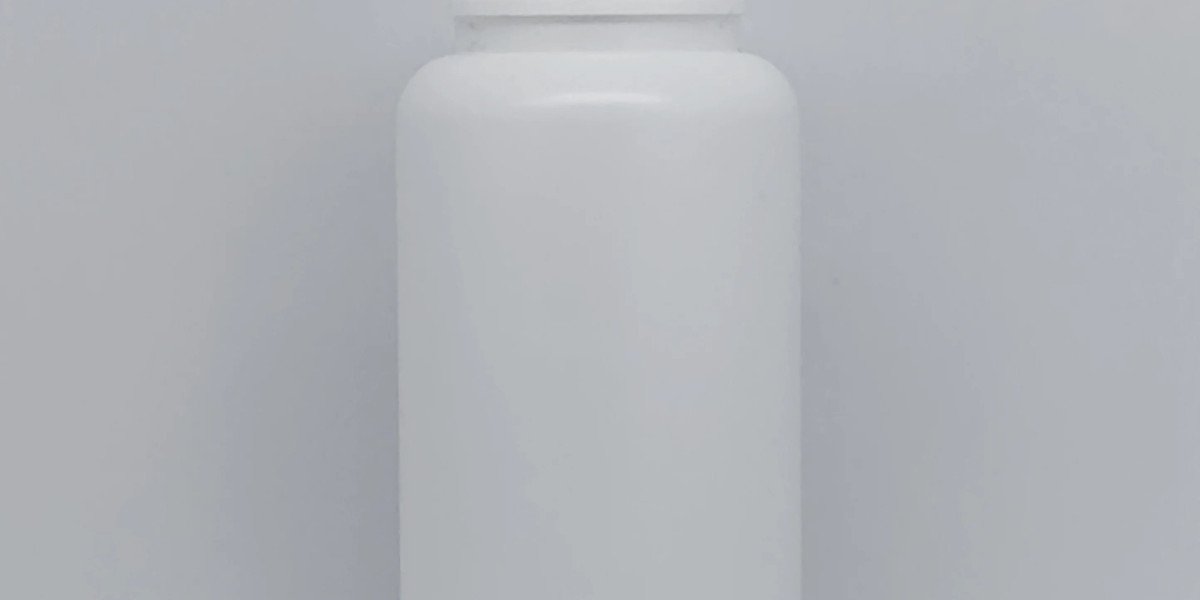Wisdom teeth, or third molars, are the last set of teeth to emerge, typically appearing in late adolescence or early adulthood. While they once served a purpose for our ancestors who had a tougher diet, our modern diets and smaller jaws often mean there's little room for these latecomers. This lack of space can lead to various complications. Here's how to recognize problematic wisdom teeth and the potential solutions available.
Signs Your Wisdom Teeth Are Problematic:
# Pain and Discomfort: This is the most common and noticeable sign. If you're experiencing persistent pain or tenderness at the back of your mouth, it might be due to your emerging or impacted wisdom teeth.
# Swelling: Inflammation around the jaw, particularly at the back, can indicate an infection or impacted wisdom tooth.
# Difficulty Opening Mouth: A sudden difficulty or pain while opening your mouth might be linked to problematic wisdom teeth.
# Bad Breath or Unpleasant Taste: Impacted wisdom teeth can lead to infections, producing an unpleasant taste or persistent bad breath.
# Cysts or Tumors: In rare cases, untreated impacted wisdom teeth can lead to the formation of cysts or tumors in the jawbone, leading to joint pain and requiring more extensive treatments.
Solutions for Problematic Wisdom Teeth:
# Monitoring: Not all wisdom teeth need immediate removal. Regular dental check-ups can help monitor the growth and position of these teeth. Through x-rays, dentists can predict potential problems and advise if and when extraction might be necessary.
# Pain Management: If your wisdom teeth are causing discomfort but don't require immediate removal, over-the-counter pain relievers or prescribed medications can help. Rinsing with warm salt water might also alleviate some pain.
# Extraction: This is the most common solution for problematic wisdom teeth, particularly those that are impacted. The procedure can be performed by a dentist or oral surgeon, depending on the tooth's position and the complexity of the extraction. While it may sound daunting, it's a standard procedure, and with modern anesthetics, it's often painless.
# Oral Hygiene: Ensuring proper oral hygiene can prevent potential infections associated with emerging wisdom teeth. Regular brushing, flossing, and antiseptic mouthwashes can be effective.
Conclusion:
Wisdom teeth, while a natural part of our dental development, can often become problematic due to the modern human jaw's constraints. Recognizing the signs of complications early and seeking a Dublin dentist's advice is essential. Whether it's through monitoring, extraction, or simply maintaining good oral hygiene, there are several solutions available to address and alleviate the challenges posed by wisdom teeth. If in doubt, always seek professional advice to ensure the health and longevity of your overall oral health.








